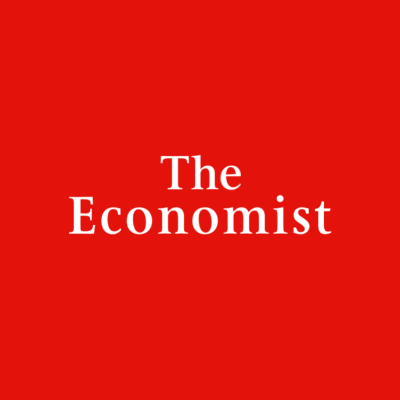 The Economist Article Rating
The Economist Article RatingGigafactories are recycling old EV batteries into new ones
- Bias Rating
- Reliability
N/AN/A
- Policy Leaning
-30% Somewhat Left
- Politician Portrayal
N/A
Continue For Free
Create your free account to see the in-depth bias analytics and more.
By creating an account, you agree to our Terms and Privacy Policy, and subscribe to email updates.
Bias Score Analysis
The A.I. bias rating includes policy and politician portrayal leanings based on the author’s tone found in the article using machine learning. Bias scores are on a scale of -100% to 100% with higher negative scores being more liberal and higher positive scores being more conservative, and 0% being neutral.
Sentiments
N/A
- Liberal
| Sentence | Sentiment | Bias |
|---|---|---|
Unlock this feature by upgrading to the Pro plan. | ||
Reliability Score Analysis
Policy Leaning Analysis
Politician Portrayal Analysis
Bias Meter
Extremely
Liberal
Very
Liberal
Moderately
Liberal
Somewhat Liberal
Center
Somewhat Conservative
Moderately
Conservative
Very
Conservative
Extremely
Conservative
-100%
Liberal
100%
Conservative

Contributing sentiments towards policy:
58% : Robin Zeng, its chairman, said recently that he believes it is possible to reduce most of the carbon footprint of a battery through the use of renewable power, large-scale recycling of battery materials, energy conservation and improved production processes.55% : From July 2024 the carbon footprint of batteries in s sold in the European Union will need to be declared.
51% : A combination of recycling and the use of renewable power -- in Sweden, Northvolt has access to plentiful hydro and wind energy -- means that as batteries themselves get greener, any raw materials still required to make them, along with the associated mining and shipping of those materials, will come to represent a bigger proportion of a battery's overall carbon footprint, explains Dr Nehrenheim.
*Our bias meter rating uses data science including sentiment analysis, machine learning and our proprietary algorithm for determining biases in news articles. Bias scores are on a scale of -100% to 100% with higher negative scores being more liberal and higher positive scores being more conservative, and 0% being neutral. The rating is an independent analysis and is not affiliated nor sponsored by the news source or any other organization.


























